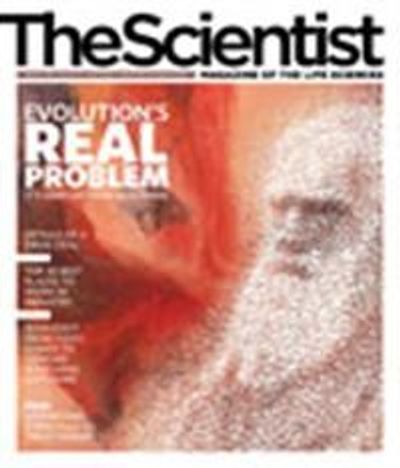
The paper:
J. Elith et al., "Novel methods improve predictions of species' distributions from occurrence data," Ecography, 29:129-51, 2006. (Cited in 128 papers)
The finding:
Jane Elith of the University of Melbourne and Catherine Graham of SUNY Stony Brook led the team that compared 16 modeling methods for predicting distributions of 226 plant and animal species from six world regions. They used species-occurrence records from museums, herbaria, and incidental surveys, coupled with environmental data. In general, they found that recently developed modeling methods outperformed more traditional, widely used methods, especially for noisy species data. "You can use pretty pathetic data and make decent predictions," says Graham.
The novelty:
The authors tested the accuracy of each model with independently collected data from designed surveys of the same species in the same regions. This provided a nonbiased evaluation of which predictive models fit the data best,...
The surprises:
Joshua Plotkin of the University of Pennsylvania describes the paper as a "Herculean effort." He was impressed by some of the more subtle results: It was easier to predict the distribution of specialist species than generalists; and larger sample sizes did not always mean better modeling success.
The future:
Whether the best models also provide robust predictions of future distributions under climate change remains to be seen, says Miguel Araùjo of the National Museum of Natural Sciences in Madrid. The next step, he says, is to use "hindcasting" to evaluate whether current species-climate relationships can be forecast from reconstructed species distributions.
| Precision of models using species-occurence data: | |
| 90% of models performed better than random | |
| 40% of models fitted data well on average | |
| 64% of species could be accurately predicted by the best model |
Interested in reading more?




